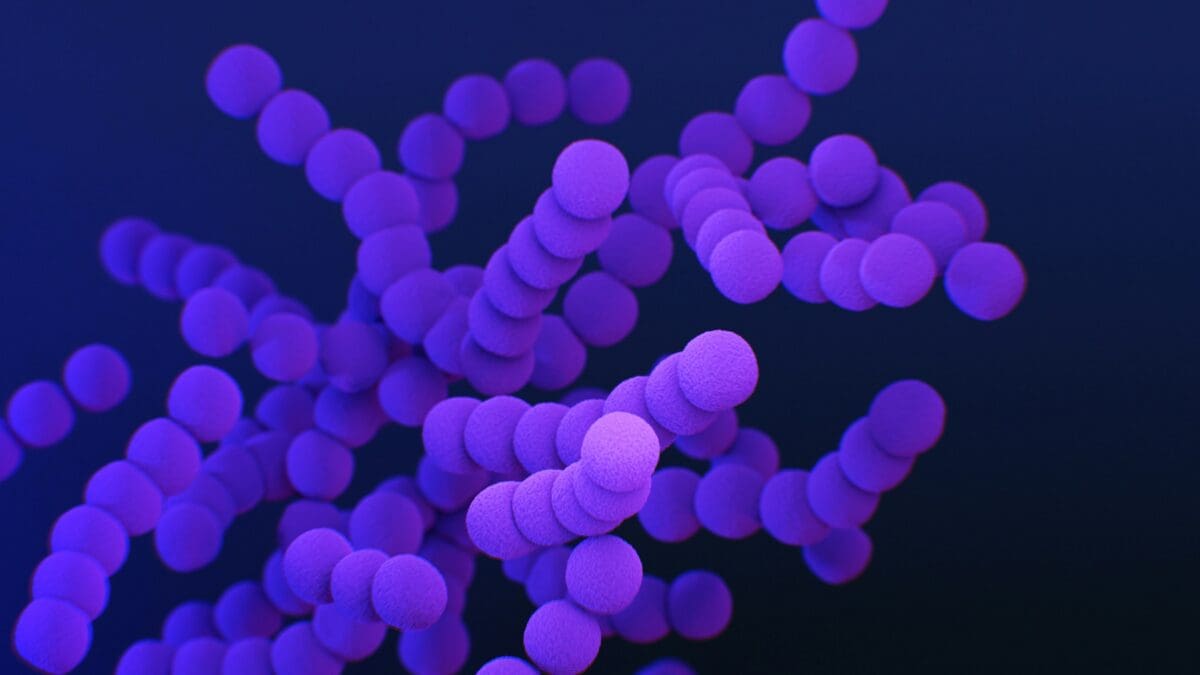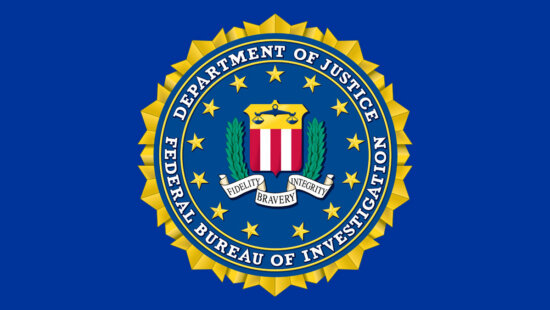Health
Park City companies could change the game for antibiotic resistant bacteria

Photo: CDC
Will antibiotic resistant bacteria become a thing of the past? This new research could pave the way to a different treatment option.
PARK CITY, Utah — Two Park City based companies have announced exciting new research that could help fight dangerous bacterial infections. N8 Medical Inc. and its subsidiaries Kinnear Pharmaceuticals, LLC, and Kinnear Pharma AUS Pty Ltd, have focused research on ceragenins, a new type of treatment that shows promise against a particularly harmful bacteria called Acinetobacter baumannii.
Iinfections caused by Acinetobacter typically occur in healthcare settings and their germs can be resistant to antibiotics, making them difficult to treat, According to the Centers for Disease Control and Prevention (CDC). Those in hospital settings, who are immune compromised, are most at risk if infected, and can suffer life-threatening repercussions.
Reasearch Findings
The research found certain ceragenin treatments were effective in killing Acinetobacter baumannii, even in hard-to-reach places where bacteria hide. The ceragenins were also found to break down the outer layer of the bacteria, which is crucial for its survival. In lung cell tests, one specific ceragenin treatment had stopped bacteria from sticking to cells, which means it could help prevent infections from spreading and attaching to medical devices.
What This Means
These findings suggest ceragenins could become a powerful new tool to treat infections that are resistant to current antibiotics, especially in a time when antibiotic-resistant infections are a growing problem in hospitals and can be life-threatening to patients.
“Ceragenins show great promise as therapeutic agents for treating Acinetobacter baumannii infections,” Dr. Robert Bucki, Professor of Medical Microbiology at the Medical University of Białystok, and a lead researcher on the study, explained, “Ceragenins could revolutionize how we manage these severe infections.”
According to Carl Genberg, CEO of Kinnear Pharmaceuticals, Ceragenins could get issued a QIDP designation. The QIDP designation, introduced in the Generating Antibiotic Incentives Now (GAIN) Act of 2012, is a U.S. incentive scheme aimed at promoting the development of antibacterial and anti-fungal drugs to treat serious or life-threatening infections.
This designation offers significant benefits, including priority review and fast-track status by the FDA, which can speed up the product’s development process, along with an additional five years of market exclusivity if the product is approved.
“The research highlights CSA-131’s significance in treating severe infections, providing a potential breakthrough in antimicrobial therapies. This not only underscores the importance of ceragenins but upon issuance of a QIDP designation, will also secure their market exclusivity and expedited FDA processes, facilitating faster patient access to these innovative treatments,” Genberg said.
Ceragenins are designed to work like the body’s natural defenses against germs. Unlike traditional antibiotics, ceragenins don’t cause bacteria to become resistant and can fight a wide range of infections, including those caused by bacteria, fungi, and viruses.
For more information on ceragenin treatment, visit N8 Medical and Kinnear Pharma‘s websites.
The study, titled “Investigating the Effectiveness of Ceragenins against Acinetobacter baumannii to Develop New Antimicrobial and Anti-Adhesive Strategies,” was conducted by scientists from the Medical University of Białystok and Brigham Young University.

















